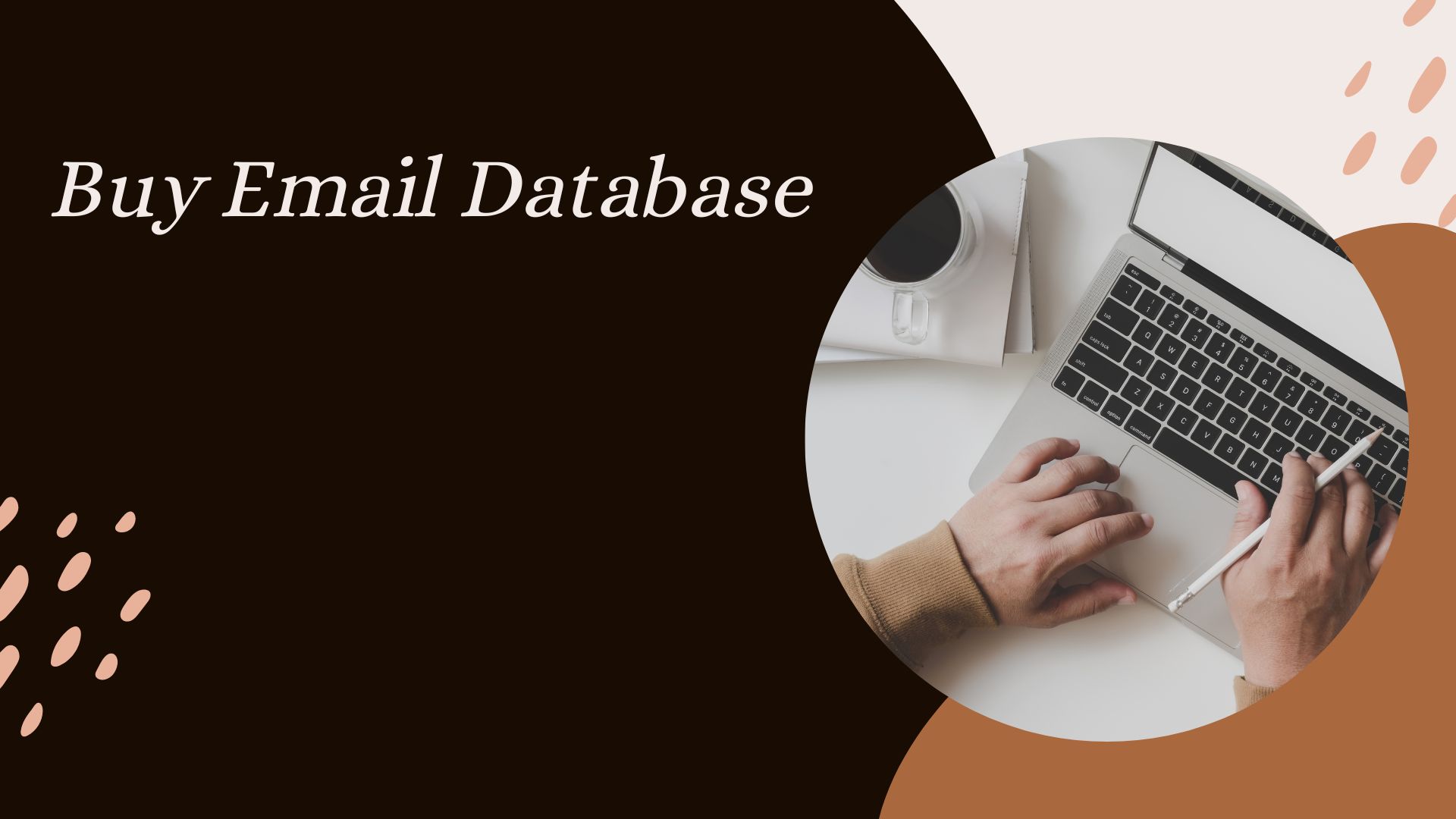Managing a B2C email list is not only an effective tool for communicating with customers, but also a responsible legal obligation. In the context of constantly changing laws and regulations, companies must comply with strict requirements to avoid fines and maintain the trust of their users. It is important to consider key aspects such as consent to receive mailings, privacy protection, and the right to unsubscribe. All these points help not only to comply with legal regulations, but also to strengthen the company's reputation.
The main requirement is to obtain explicit consent from users to use their contact information, which must be documented and stored in B2C Email Address List the database. Failure to do so can lead to legal consequences, including fines under the law on the protection of personal data. In addition, your database must be protected from unauthorized access, and customer data must be encrypted and stored securely.

How to avoid legal risks when working with B2C email lists?
Proper compliance with the law is not only about protecting customer data, but also about building trust in your business. Companies should implement procedures that ensure that email addresses are collected transparently and legally. One key element is the use of a double opt-in mechanism, which allows the customer to confirm their consent to receive emails. This also helps to avoid fake or unwanted email addresses from getting on your list, which helps improve the quality of communication with customers. Equally important is compliance with the rules on the right to unsubscribe. Laws such as GDPR and CAN-SPAM require that every email with an offer or advertisement provide an easy way to unsubscribe from mailings. This not only helps to avoid legal problems, but also improves the quality of your subscriber list, leaving only those who are truly interested in the content they receive.